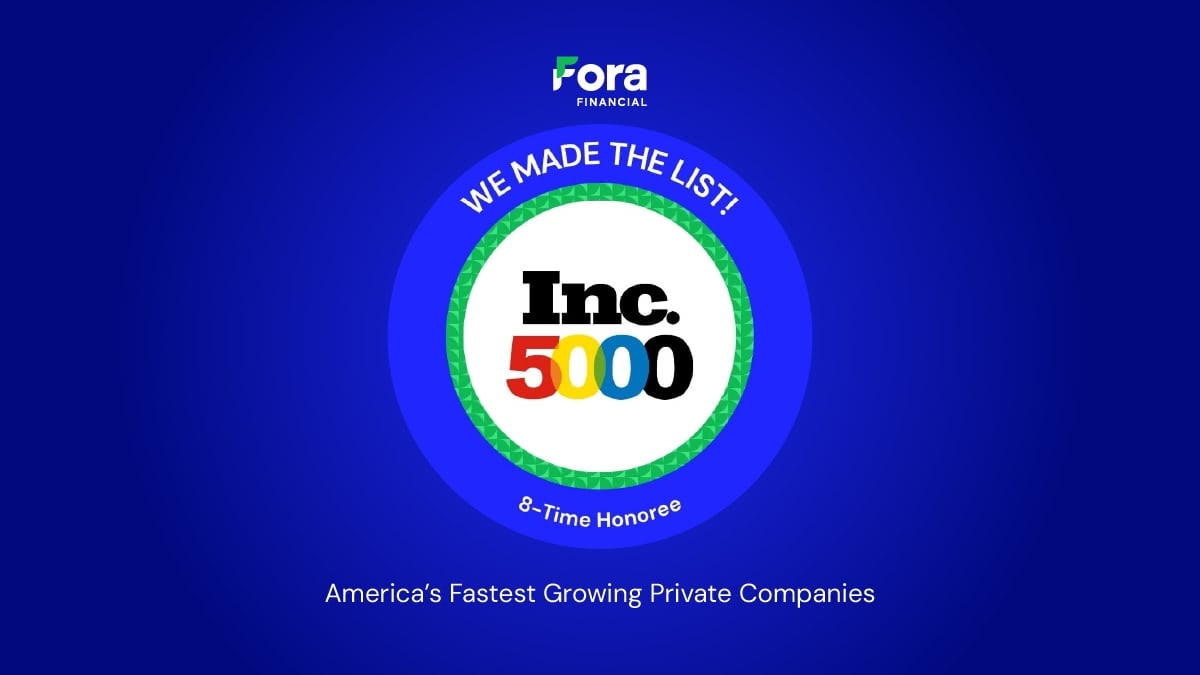Term Loan
A business term loan is a lump sum of capital that a business borrows and repays with interest over a fixed period. They’re typically used for specific, larger expenses like equipment purchases or expansion. These loans have set repayment schedules, usually monthly, with terms that can range from a few months to several years, depending on the loan agreement.
Apply Now
Quick Stats
| Loan Amounts and Terms |
|
|---|---|
| Repayment Schedule |
|
| Requirements |
|
| Funding Time |
|
How Does A Compare?
How It Works

1
Apply
Submit the easy online application within minutes and a Capital Specialist will call to discuss your funding request.

2
Get A Decision
You will receive your approval status in as little as 4 hours after submitting all necessary documentation.

3
Receive Your Funds
You'll receive a lump-sum payout in as little as 24 hours of offer acceptance. Spend it at your own pace, as you need it.
How To Use Term Loans
Use a business term loan to fund significant investments like expanding locations, supporting cash flow, or boosting inventory, which helps support growth and operational efficiency. Additionally, they can assist with refinancing high-interest debt or funding marketing efforts, making it easier for businesses to manage cash flow and drive revenue.

Funding Expansion Efforts
Business term loans provide the substantial capital required for expansion projects, such as opening new locations or renovating current facilities. This allows companies to grow strategically without depleting their regular operating funds.

Supporting Cash Flow
Term loans can help stabilize cash flow during seasonal or slow periods, enabling businesses to cover ongoing expenses like payroll and overhead while still having the flexibility to focus on long-term growth goals.

Acquiring Inventory in Bulk
With a term loan, businesses can purchase inventory in bulk to better meet customer demand, lower their per-unit costs, and ensure they have a reliable supply for busy periods.
FAQs
-
It depends on the type of loan and lender. Short-term loans typically last from 3 to 18 months, medium-term loans between 1 to 5 years, and long-term loans potentially stretching from 10 to 25 years or more.
-
Short-term business loans provide a fast infusion of cash, designed to be repaid quickly, often within 3 to 18 months. Businesses use these loans for immediate needs like covering payroll, inventory purchases, or addressing seasonal fluctuations, and lenders usually set higher interest rates and weekly or even daily repayment schedules to reflect the short duration.
-
Examples of term loans include equipment financing, which allows businesses to purchase necessary machinery or technology and pay for it over time, commercial real estate loans to fund property purchases or renovations, and working capital loans aimed at helping businesses meet their day-to-day operational expenses. Each loan provides a specific solution to a business's needs, structured with a fixed repayment term and schedule.
-
Interest rates for term loans can vary widely, ranging from 4% for highly qualified borrowers up to 30% or more for those with lower credit scores or shorter loan terms. The rate often depends on the lender, loan amount, term length, and borrower’s financial history; lower rates are typically associated with long-term loans and strong credit, while short-term and higher-risk loans come with higher rates to compensate the lender.
-
Established businesses with steady revenue and a clear investment plan are best suited for term loans, particularly those needing capital for long-term investments like expanding operations, purchasing large equipment, or securing commercial property. Startups or businesses with irregular cash flow may find shorter-term or more flexible loan options better until they have a more predictable income stream.
-
Yes, most business term loan applications involve a hard pull on the applicant's personal credit. This helps lenders assess the applicant's creditworthiness and ability to repay. While some lenders may consider business credit, personal credit is a key factor in approval decisions, especially for small businesses and sole proprietors.
-
Lenders often require collateral for larger-term loans to secure their investment, which could include business assets like inventory, equipment, or real estate. However, some smaller or short-term term loans, particularly those for well-qualified borrowers, may be unsecured, though they typically come with higher interest rates as a trade-off.
-
Businesses usually need a strong credit score to qualify for a term loan. Consistent revenue and a clear demonstration of financial stability are also required. Lenders may also need a minimum operating history, typically at least one to two years, and financial documents like tax returns, profit and loss statements, and bank statements to assess the business’s ability to meet regular repayments.




